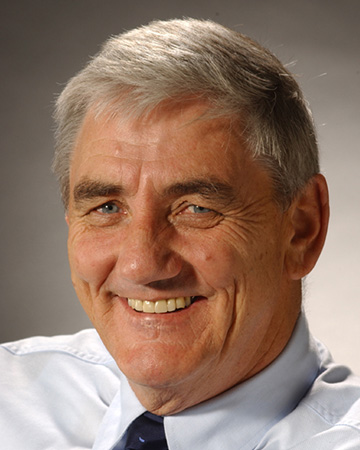
Dexamphetamine dangers highlighted in new educational resource
23/9/02
Health Minister Bob Kucera today launched a new educational resource that highlights the dangers associated with the inappropriate use of dexamphetamine.
Dexamphetamine is used in the treatment of children and teenagers with Attention Deficit and Hyperactivity Disorder (ADHD).
Mr Kucera said the dexamphetamine health and education resource project was an Australian first and would be distributed to all Western Australian schools.
"This is the first time that a comprehensive package of resources about dexamphetamine has been made available in WA," he said.
"The project, developed by the Drug and Alcohol Office in collaboration with the School Drug Education Project, aims to decrease the non-medical use and supply of dexamphetamine among students aged 12 to 17 years.
"At the same time, it hopes to increase knowledge of the dangers associated with inappropriate use of the drug."
Mr Kucera said the project was timely because of growing community concern that young people were using dexamphetamine without a medical prescription and the drug was being illegally supplied.
He said the 1999 Australian School Students Alcohol and Drug Survey showed that an alarming number of WA high school students were trying amphetamines.
"The survey showed that 20 per cent of male WA school students aged 16 and 17 years and 17 per cent of female students that age used amphetamines for non-medical reasons in the 12 months before the survey," the Minister said.
"Locally, WA Police Service statistics show that between April 2001 and March this year, there were more than 160 dexamphetamine seizures.
"Many of these seizures were school-related."
The Government's Alcohol and Drug Information Service (ADIS) and Parent Drug Information Service (PDIS) also receive numerous calls every year about dexamphetamine use. The majority of calls relate to the 15 to 19-year-old age group.
Mr Kucera said dexamphetamine was safe and effective when appropriately prescribed by a doctor to treat ADHD but when used inappropriately, could cause unpleasant side effects like nausea and vomiting, dizziness, depression, headaches and insomnia. Users can also become psychologically dependent.
"The bottom line is that it is illegal to possess, sell or use dexamphetamine in Australia without a prescription," he said.
"The penalties are harsh and the reality of a criminal record can make life tough later on when people want jobs, loans, credit cards and visas."
The Minister said the project consisted of specifically targeted resources that teachers could incorporate into school drug education activities.
Resources and support material for parents, general practitioners and pharmacists have also been developed.
"All these groups have a vital role in ensuring that dexamphetamine is stored, distributed and used appropriately," Mr Kucera said.
"Therefore, reducing the illegal supply and use of dexamphetamine is very much reliant on their understanding and involvement."
The Minister said the Government, in line with its response to last year's Community Drug Summit, was firmly committed to education, prevention and early intervention.
"This project, which will be available to all Government and non-government schools, reinforces our commitment to helping specific groups that may be at risk, including children, young people and families," he said.
"Once again, the project contributes to our philosophy of 'Putting People First'."
Parents who would like further information or copies of the resource can call the Parent Drug Information Service on 9442 5050 or toll-free (country residents) on 1800 653 203.
Minister's Office - 9213 7000


